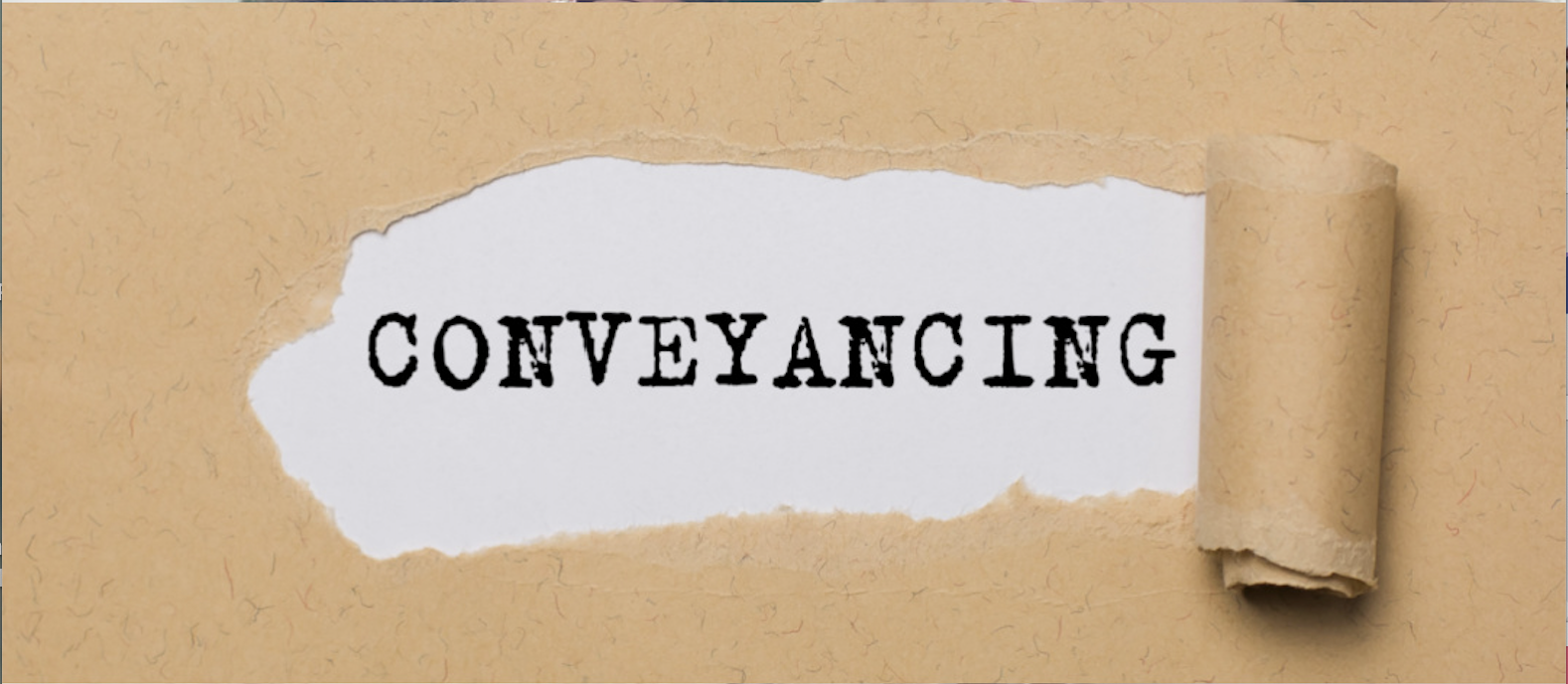The total cost for selling your home will depend on the sale price, conveyancing fees, estate agent’s fees, your mortgage deal and any additional services. In this guide, we provide a detailed breakdown of the costs involved in selling a house.
How Much Do Solicitors Charge To Sell A House in the UK?
The average UK house prices increased by 0.6% in the 12 months to July 2023 (provisional estimate), down from a revised 1.9% in June 2023. The average UK house price was £290,000 in July 2023, which is £2,000 higher than 12 months ago, but £2,000 below the recent peak in November 2022.
When it comes to actually making the sale, there are numerous costs involved. These can include the following:
Estate Agent Fees: £3268
Conveyancing Fees: £1690
EPC: £85
Removals: £1181
Potential extra costs may include:
Mortgage Exit Fee: £50-300
Early Repayment Charge: 1-5% of mortgage left
Capital Gains Tax: Variable
Moving a mortgage over: up to £450
Estate Agent Fees For Selling Your Home
Choosing an estate agent for selling your home can be an intimidating prospect and important to get right for a smooth and quick sale. Pick the wrong agent and your property might not sell as quickly as it should or for the best price.
The cost of a high-street estate agent averages out at £3,268, a 1.18% commission fee plus VAT. This is for a house priced at the average of £277,000.
Estate agents usually charge anywhere between 1% and 3% of the property price, this isn’t payable until after your house has sold.
Many estate agents will offer a ‘no sale, no fee’ service which means if the sale falls through, they won’t charge a commission. Check this before using an estate agent.
Online estate agents usually offer a fixed-fee price of between £300 – £1,500, regardless of the house price.
Remember
- Find out all of the costs involved upfront. Some agents might charge extra for marketing or online listings. Always ask for a breakdown of the quote.
- Although estate agents will value your property, it is ultimately up to you what price to sell your house for. You can get multiple valuations.
- Estate agents work for you, not the buyer. They will try and get you the best sale price.
Compare Estate Agents Here
We analyse the performance of every active estate agent in the UK and using basic information about your home, we provide you with a list of agents that cover your postcode and how they perform against each other.
Moving Buddies use actual, real-time property sales data to provide you with performance details of your local agents. We believe local knowledge is a big part of what an estate agent offers, so our technology analyses the following data for every postcode in the UK:
Conveyancing Fees for Selling Your Home
When selling a house, you’ll need to hire a conveyancer or solicitor to handle the legal transfer of a property from one person to another.
The average conveyancing fees for a freehold property in 2022 was £1,270. This includes the solicitor’s legal fee and conveyancing disbursements. The Average conveyancing costs for a leasehold property were £1,420
On top of the actual fees are disbursements which can include the following
Disbursement costs could include:
- Searches
Conveyancing Searches are done to find out more about the property you’re buying. Typically they include environmental, drainage & water, local, Land Registry and coal where required. If your searches are much lower than this price ensure they include all of the above.
- Bankruptcy search fee
Made to check the buyer is not bankrupt or on the verge of bankruptcy.
- ID check
ID checks via Moving Buddies are quick and simple but one of the most important aspects of conveyancing.
- Title Register
These checks are made with the Land Registry to a property.
- Land Registry fee
The fee paid to the Land Registry for them to update the property records.
- Land Registry
Pre completion searches are done to prevent entries being registered against a property after exchange and before completion.
- Stamp Duty Land Tax (SDLT)
If you’re buying a home in England or Northern Ireland and paying more than £125,000, you will have to pay Stamp Duty. It also applies if you are paying more than £40,000 for a second property. This tax applies to both freehold and leasehold properties and whether you are buying outright or getting a mortgage.
Hourly Rate vs Fixed Price Conveyancing
In the UK, the majority of conveyancers now offer fixed-price conveyancing services. It’s becoming more and more unusual to see solicitors charge an hourly rate. However, it’s still vital you shop around before choosing a conveyancing solicitor.
Some solicitors will still charge hourly rates and will charge a fee for any documents or phone calls required. These will appear as additional costs further down the line. This is why fixed fee conveyancing is recommended, to avoid any hidden costs.
When you receive your conveyancing quote, make sure it is presented to you in writing. You must thoroughly read the breakdown of all fees included. Conveyancing Store makes this easy for you.
Conveyancing Quotes
When getting conveyancing quotes for selling your home, make sure you read through in detail the full breakdown. Make sure that the total fee quoted includes a detailed list of all fees and costs involved. This is always the case with Moving Buddies conveyancing.
Remember:
- Choose your solicitor carefully. Make sure they are CLC, SRA, LSS or LSNI regulated.
- Be wary of any quotes that are too cheap or overly expensive.
- Don’t be afraid to ask for a breakdown of costs.
- Don’t be pressured into using the conveyancer your estate agent recommends.
Compare Conveyancing Solicitors Here
Mortgage Fees When Selling Your Home
If you’re selling a house with a mortgage, then you will likely face extra fees. The two main ones being mortgage exit fees and early repayment charges.
Mortgage exit fee: This typically costs between £50-£300 but will vary depending on the lender.
Early repayment charge: This usually costs between 1-5% of the loan.
Costs to consider when getting a new mortgage:
Potential fees include:
brief you’ll likely pay:
- A Mortgage Fee; Charged by the lender for taking out the mortgage itself, which can cost about £1,000.
- A Booking Fee; Some lenders charge a separate fee to reserve the deal, although it’s increasingly rare. If they do, it’ll cost between £100 and £200.
- Valuation fee – £150 – £1,500
Remember:
- Moving Buddies can find you a great remortgage deal when selling your home and buying a new one.
If you are selling a house or remortgaging, Moving Buddies are here to speed up the process. Get started on essential tasks earlier with a personal portal dedicated to you and your property transaction. Get Started on your journey HERE!
EPC – Energy Performance Certificates
The cost of an EPC certificate is £85
If you’re planning on selling your home, you must provide an energy performance certificate (EPC) to potential buyers. This should be one of the first things you do. You and anyone acting on your behalf, such as your estate agent, must try to ensure that an EPC is available within 7 days of the property being put on the market.
An EPC gives information on the energy efficiency of a property using ratings of A to G, A being the most energy efficient and G the least. The certificate must be produced by an accredited domestic energy assessor.
Trading Standards can issue a notice with a penalty charge of £200 per dwelling, where an EPC is not provided.
Where there is a Green Deal plan on a property for which payments are still to be made, information about this must be included on the EPC.
A certificate is valid for ten years and can be used multiple times during this period.
Remember:
- – You can order your EPC online directly from providers
or
- You can ask your estate agent to order one for you.
- They are valid for up to 10 years. If you sell your house within that time there’s no need to get another one.
Removal Costs
The average costs of a removal company in 2022 was £1,181
Try to book your removal company well in advance. This will help secure your preferred day and time. It will also give you time to shop around for the best deals.
Removal companies offer differing levels of service. Most can help you with anything from packing your items to storing them long-term. Others will simply transport them from one place to another. Price shouldn’t be the only consideration when choosing a removal company though. Look at their reviews and any additional services they offer.
If using a removals company, make sure you choose one that is fully insured. This means that in the unlikely event your items are damaged or lost, they will be fully covered by insurance. This will save you the cost of replacing your items. Check your own home insurance covers your move at your current and new address (and everywhere in-between).
Many home insurance policies will cover you if you are using a professional removals firm. Also note that if you’re hiring a van and doing the move yourself, it’s up to you to make sure you are properly insured.
Doing your own packing isn’t the greatest fun but can significantly reduce your removal company costs.
Switching Utility Suppliers
When you move to a new house, you are not obliged to take your current utility, telephone or internet providers with you. Treat your move as a chance to look for better deals. Your current providers may be willing to offer cheaper rates so as not to lose you. As a new customer, you could be eligible for better deals than existing customers. Maybe now is the time to shop around and move to a new company.
If you move house with the assistance of Moving Buddies, you get a dedicated Connections Expert to look after your utility transfers. We even help to resolve any problems you have along the way. This will be another huge weight off your mind when you finally get the keys to your new house.
Other Costs
Consider the following potential costs
Cleaning
Redecorating
Major Repairs
Storage
Childcare
General Maintenance
Capital Gains Tax (CGT)
If the property you are selling a house that was a rental property, you may have to pay Capital Gains Tax (CGT) if you make a profit.
If you’re a basic-rate taxpayer, expect to pay 18% capital gains tax and 28% if you’re in a higher tax band.
You’ll need to pay Capital Gains Tax on selling your home if it’s:
- Inherited property
- Buy-to-let
- A holiday property
- Business premises
- Land




